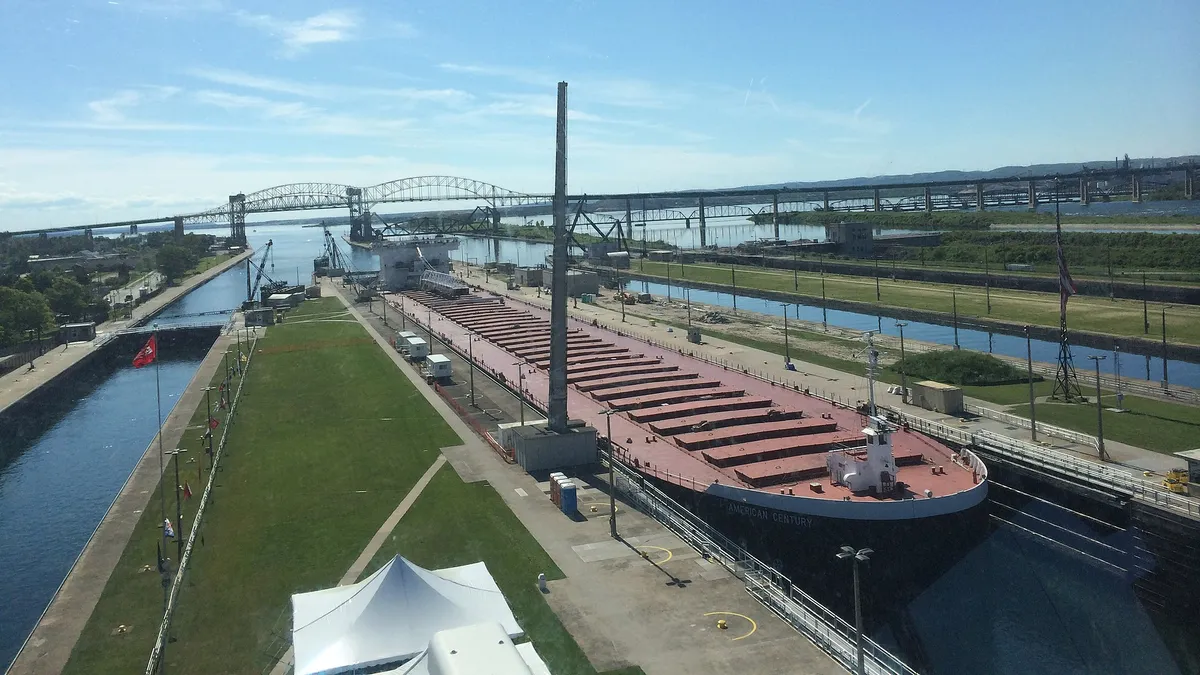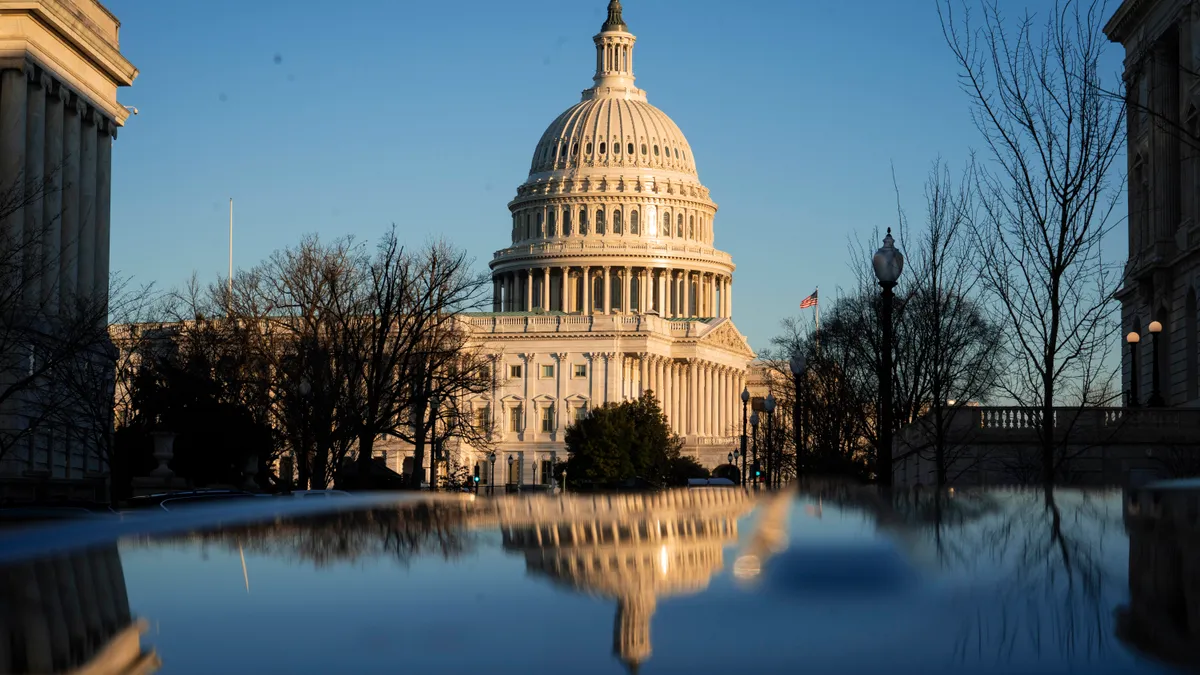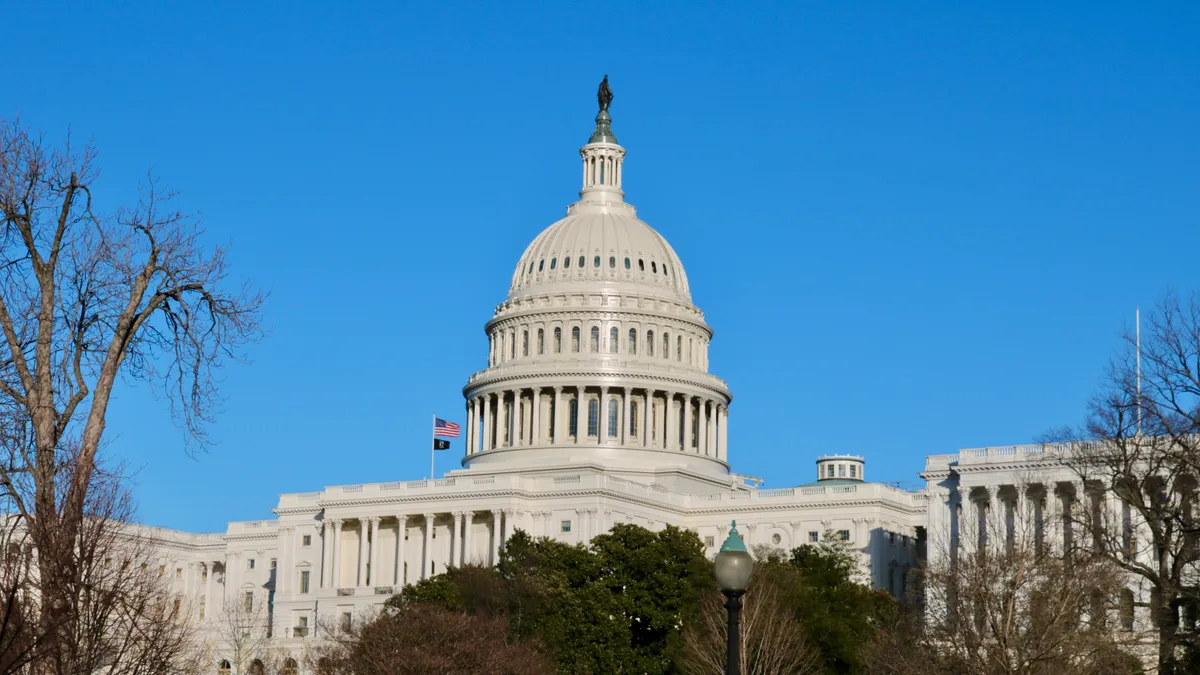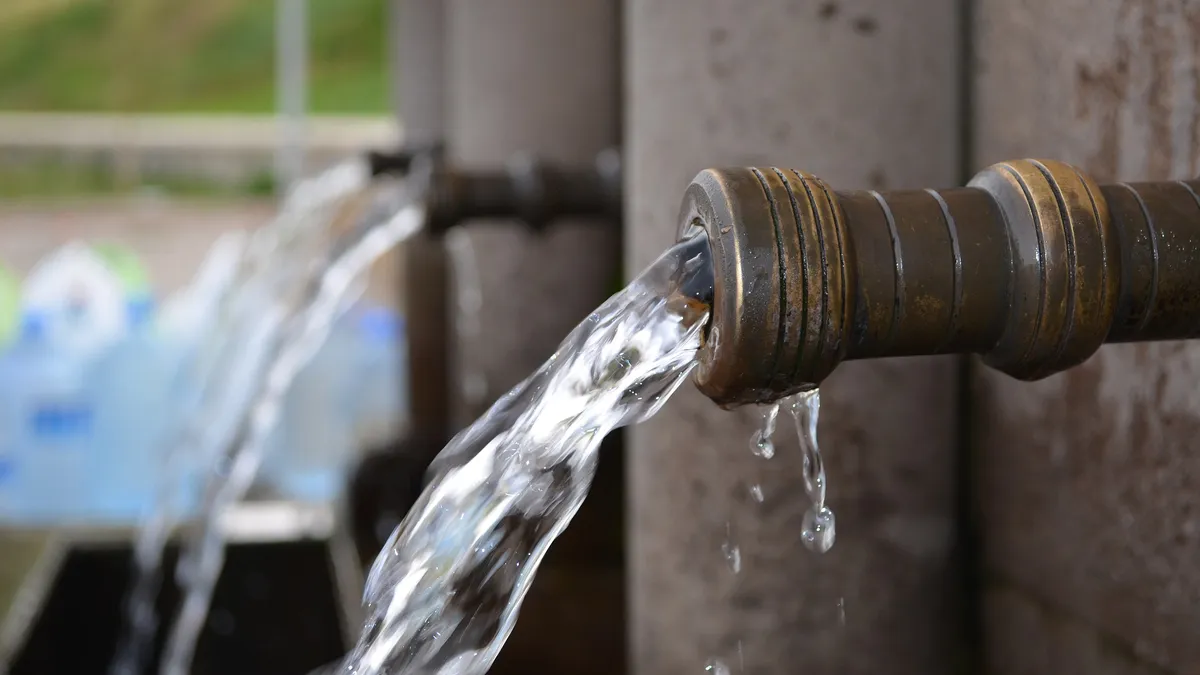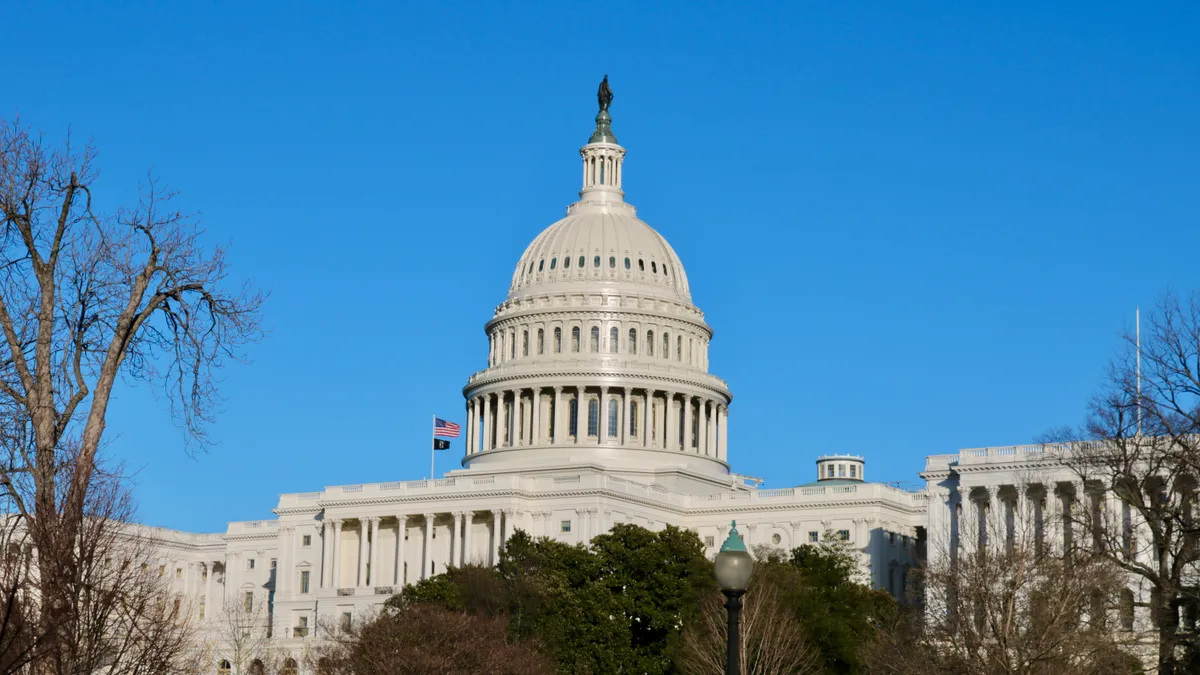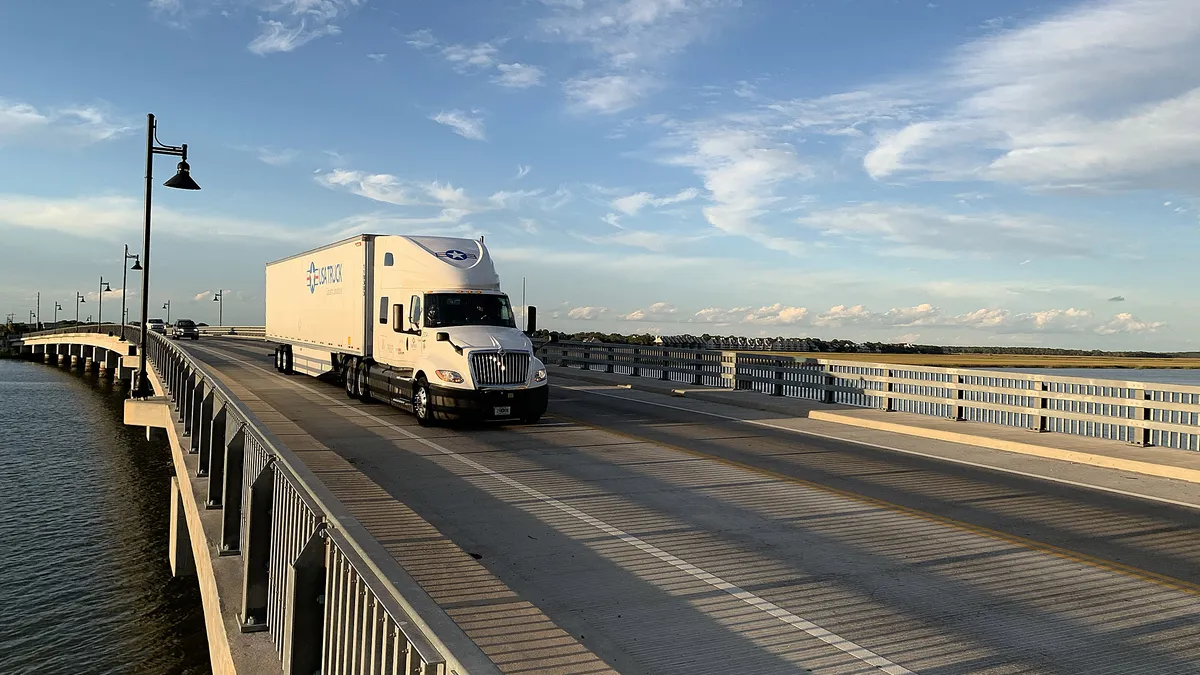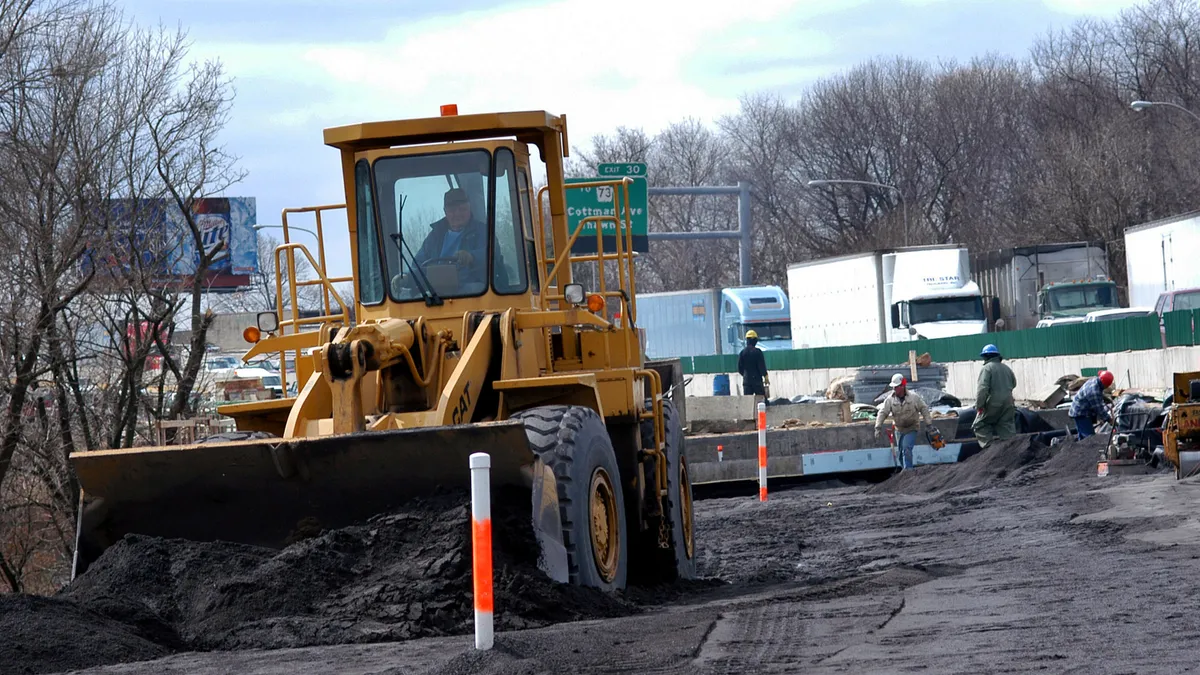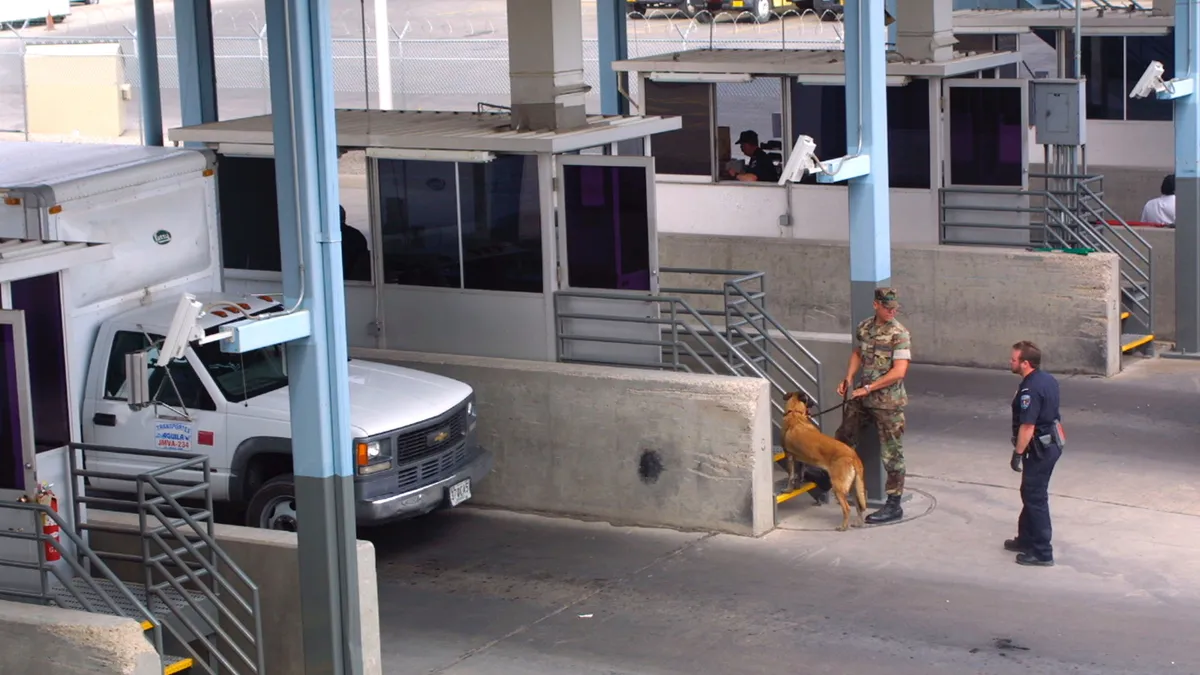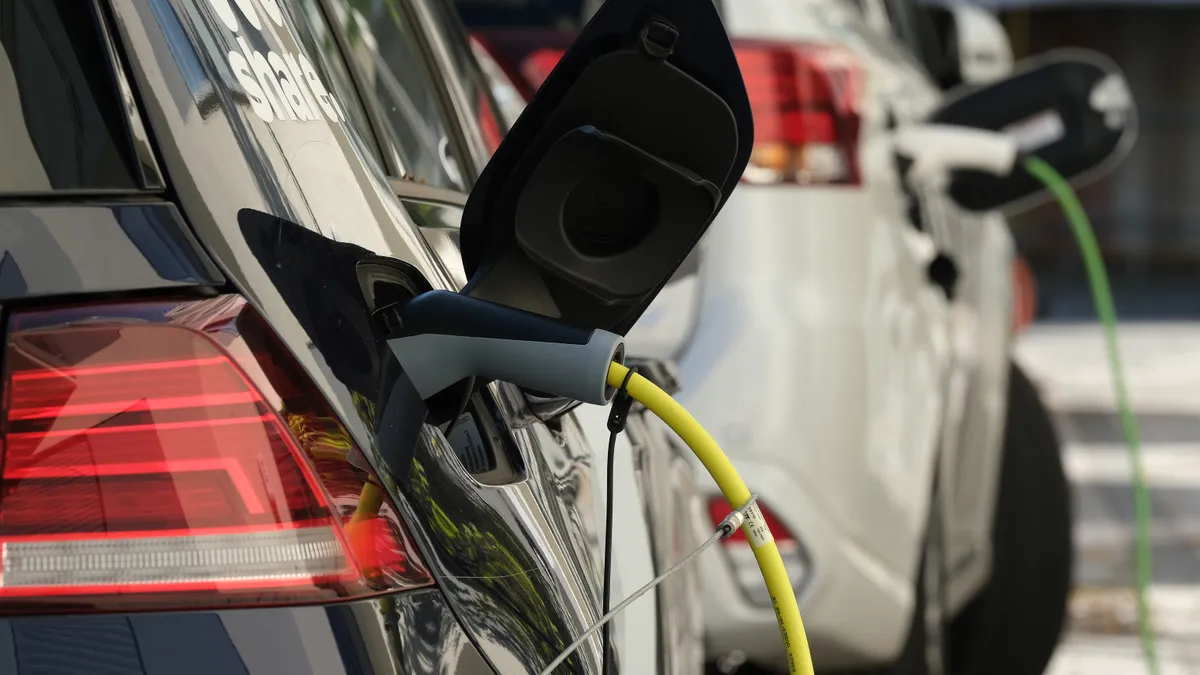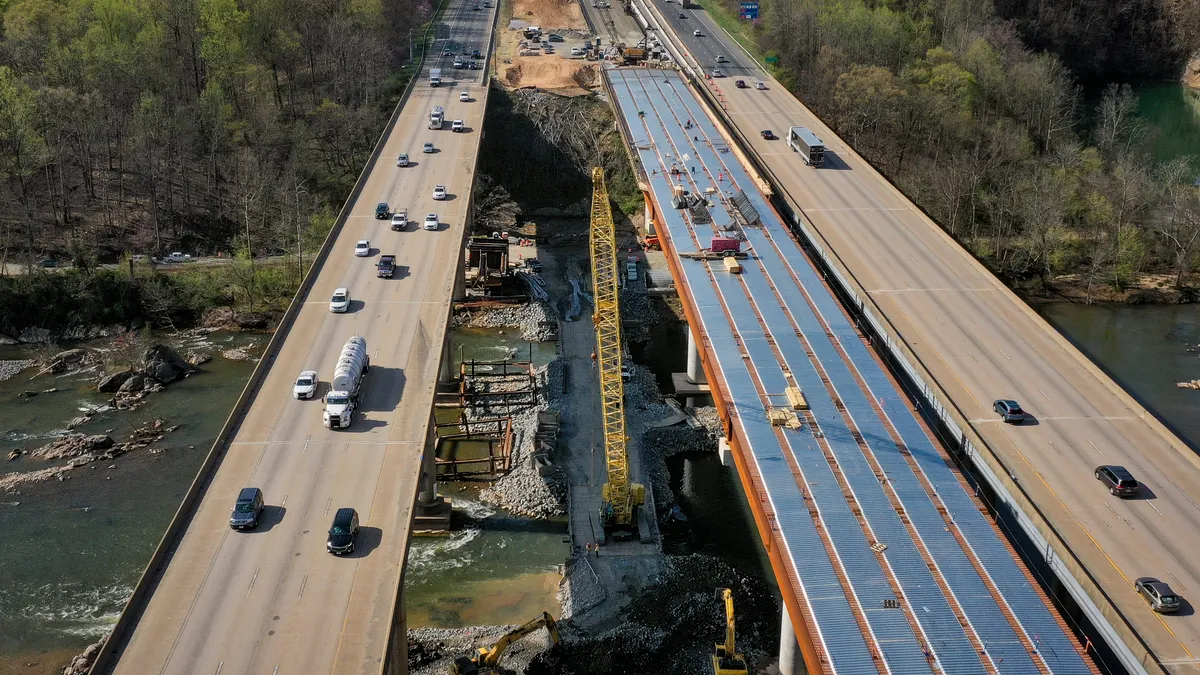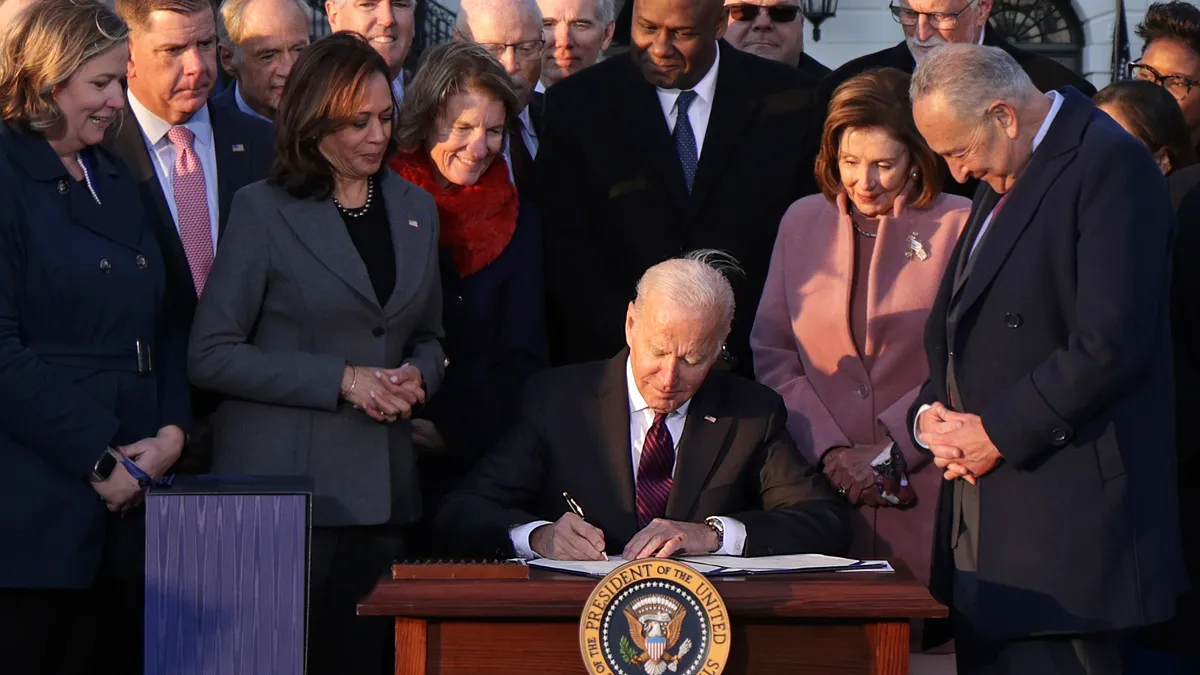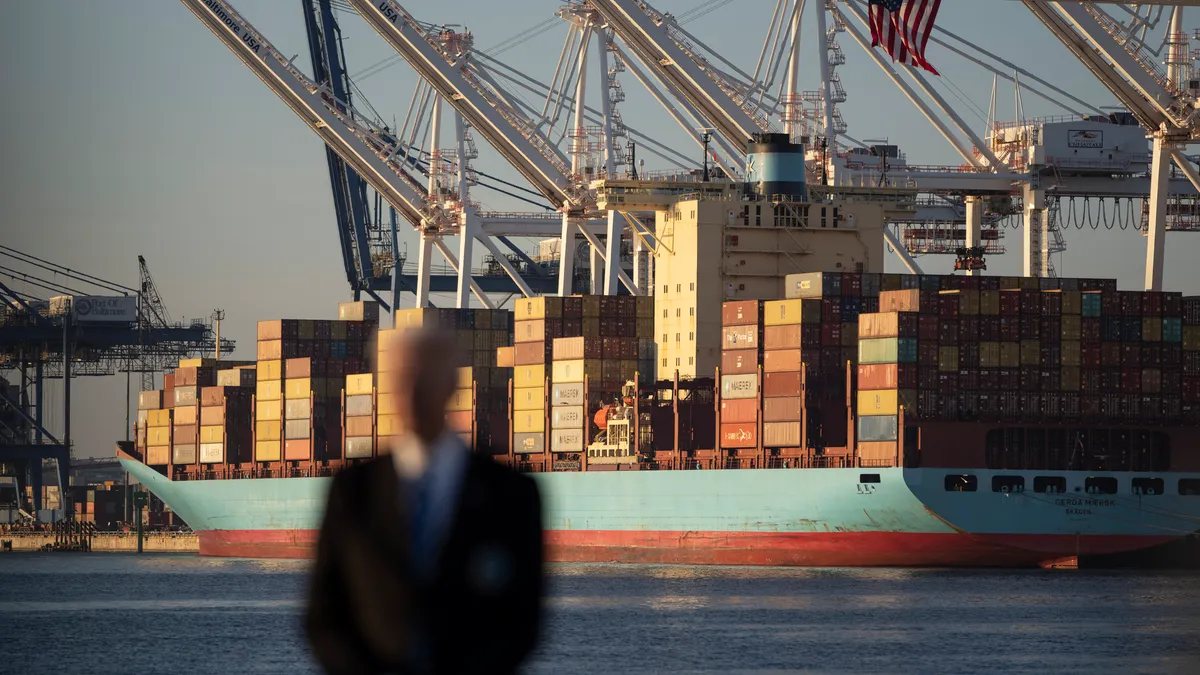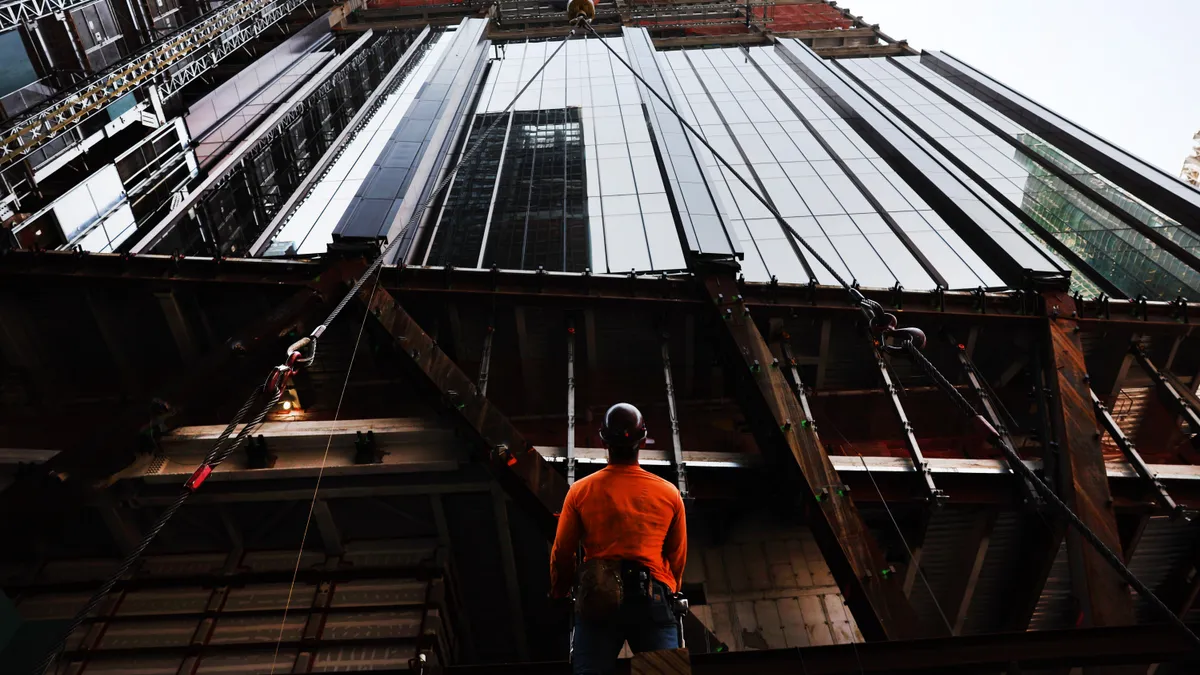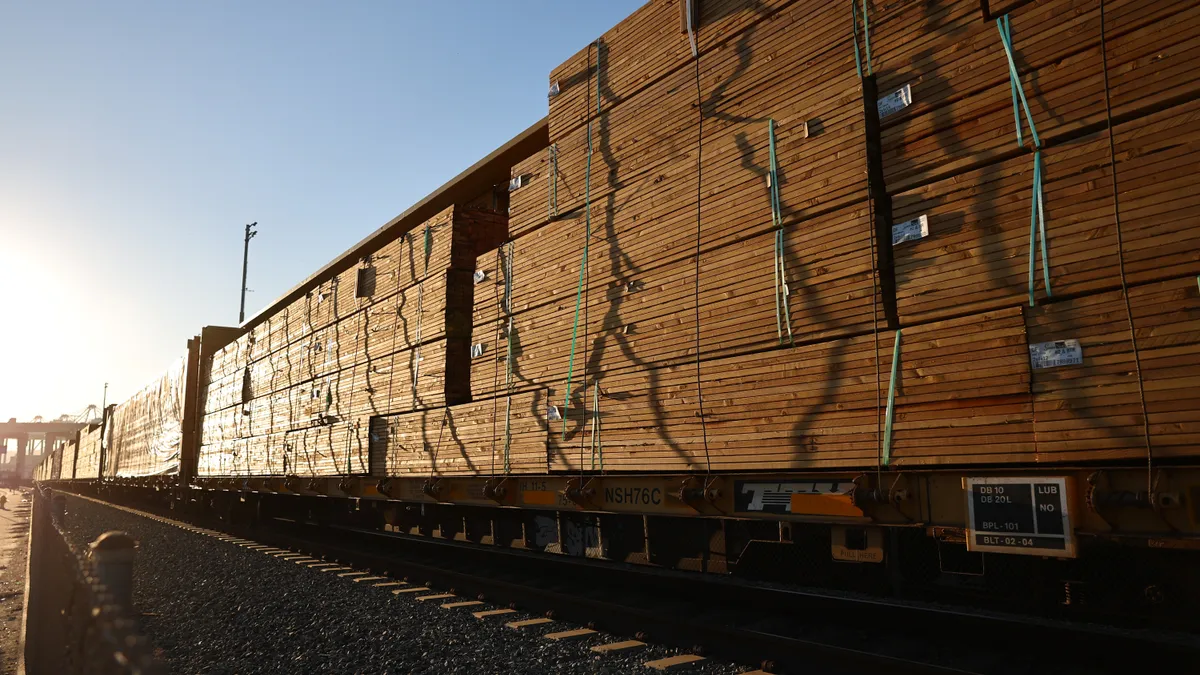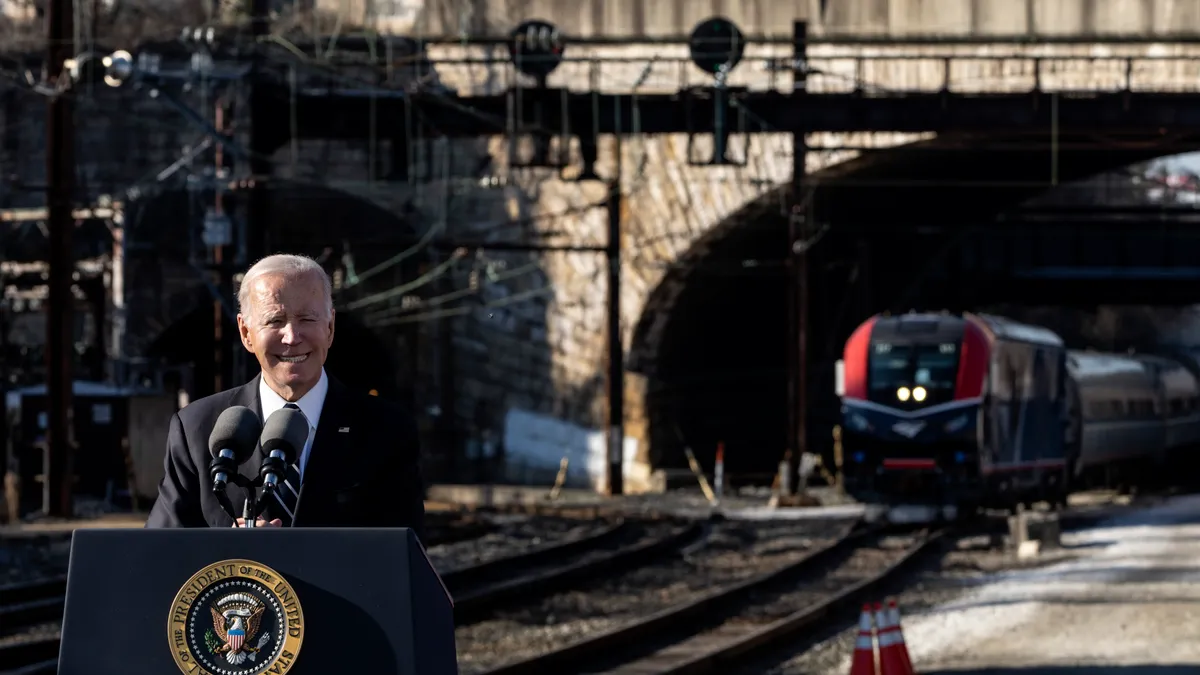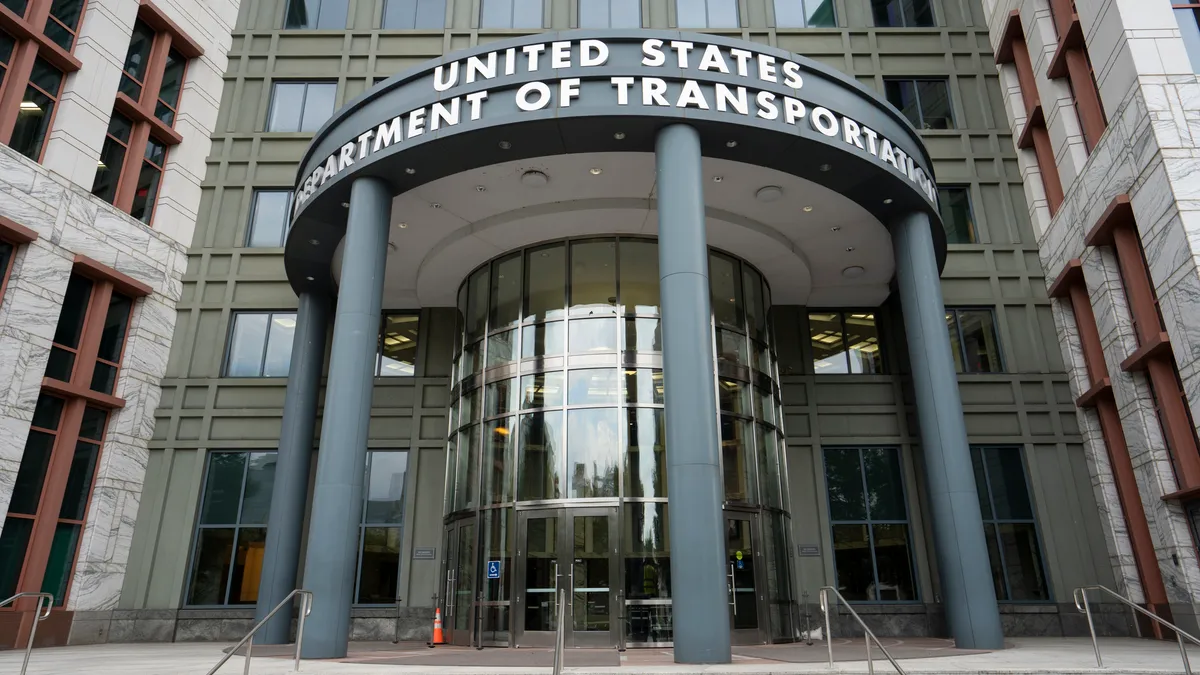Dive Brief:
- The U.S. Army Corps of Engineers has released a list of the projects it will implement this year using nearly $23 billion in supplemental funding provided in two recently enacted laws — the Infrastructure Investment and Jobs Act and the 2022 Disaster Relief Supplemental Appropriations Act.
- The money will be used on new and existing civil works projects across the country, according to a USACE press release. The largest line item is the $1.1 billion Everglades restoration project that aims to restore, protect and preserve the South Florida ecosystem and increase its resilience to the impacts of climate change. Work there will include capturing and storing excess surface water runoff, reducing excess water releases to water conservation areas and minimizing seepage losses during dry periods, the release said.
- Future announcements will provide spend plans for subsequent years, according to the release.
Dive Insight:
With $17.1 billion from the IIJA, the Army will fund civil works studies and projects, maintain existing infrastructure, repair damage and dredge channels in response to floods and coastal storms, according to the release. These funds will also build on the Department of Transportation's recent investments to enhance the movement of goods along the nation's navigable waterways.
For instance, the New Soo Lock project in Sault Ste. Marie, Michigan, will receive $479 million. The new 1,200-foot-long lock along the St. Mary's River will replace two inactive locks and be wide enough to allow 1,000-foot freighters to traverse.
Nearly all domestically produced high-strength steel used to manufacture products like cars and appliances is made with iron ore that must pass through the locks at the Soo (pictured above). Right now, only one lock, the Poe, can handle freighters of that size.
The project will eliminate this single point of failure in the country's iron ore supply chain, according to USACE Detroit District Deputy District Engineer Kevin McDaniels.
"The Soo Locks are nationally critical infrastructure, and their reliability is essential to U.S. manufacturing and National Security," McDaniels said in a release. "A failure of the Poe Lock would have significant impacts to the U.S. economy, especially the steel industry."
In addition to the IIJA funding, the USACE received $5.7 billion in supplemental money from the disaster relief act, some of which will go to study proposed projects in the four states where major disasters were declared last year due to Hurricane Ida — Louisiana, New Jersey, New York and Pennsylvania. Leveraging these funds, 11 feasibility studies, plus the preconstruction engineering and design for six projects, will be funded this fiscal year.



